How European soccer failed in the fight against COVID-19
Find out the latest on COVID-19's impact on the sports world and when sports are returning by subscribing to Breaking News push notifications in the Sports and COVID-19 section.
By the second week of March, the coronavirus had gripped English soccer. Arsenal and Leicester City players were quarantined, and Manchester City's Benjamin Mendy was self-isolating after a family member experienced respiratory issues. Other clubs were keeping their COVID-19 developments under wraps.
Elsewhere in Europe, confirmed cases of the disease were soaring.
But the Premier League was prepared to traipse into another weekend of action. "The welfare of players, staff, and supporters is of paramount importance," the competition stated on March 12. Five of the Premier League's eight largest venues were to be utilized in a matter of days.
"If you were a cognizant virus, you would be sitting down plotting, 'How can we get this to spread more than any other way?' and that would be it, probably. Even at an airport people are pretty sedated and they're walking around calmly," Dr. Tim Sly, an epidemiologist and professor emeritus at Ryerson University, told theScore.
"But at a big sports event - especially soccer, for God's sake, where people are becoming lunatics at those moments - well, you couldn't ask for a better Petri dish for rapid culture."
It took a farcical chain of events for the matches not to go ahead. The Premier League's statement was promptly followed by news that Arsenal's training base had closed after manager Mikel Arteta tested positive for the coronavirus. So, 69 minutes after the top flight had vowed to continue, its original statement was scrapped and an emergency meeting was called for the next morning.
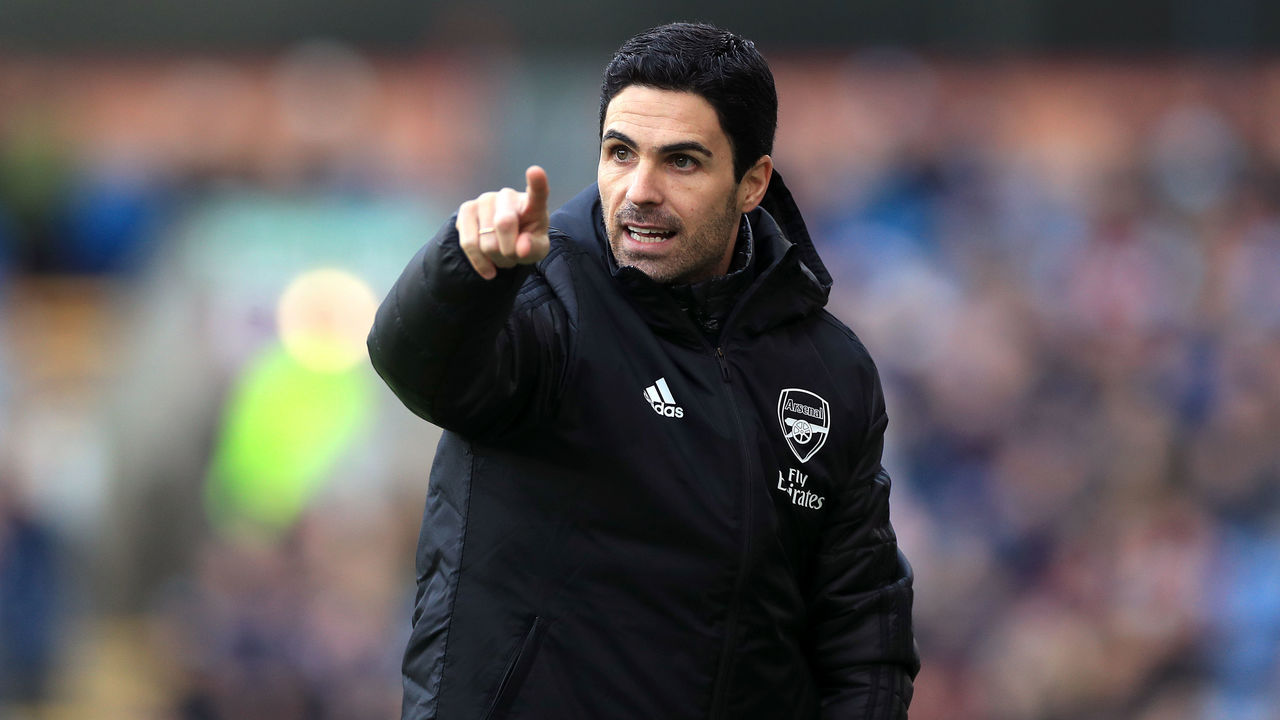
English soccer was halted but significant damage had already been inflicted. Many across the country soon entered self-isolation. Players from Portsmouth and West Ham United, the two teams that faced Arsenal before the Gunners were forced into quarantine, were unsurprisingly among those hindered by virus symptoms.
And that's just the clubs. The weekend of fixtures before the Premier League was suspended attracted almost 400,000 spectators. If you add the next three divisions that form the English Football League, the number of people crammed into the stands and concourses exceeded 800,000.
Fans also flocked to European skirmishes in the immediate days before the Premier League pushed pause. Liverpool welcomed 3,000 Atletico Madrid supporters to a packed-out Anfield on March 11, the same evening that coronavirus cases back in Spain rose by 80%.
"You imagine the football stadium - with everybody yelling, screaming, and spitting bits of breakfast and hot dogs around, all getting excited - the nasopharynx of probably 15% of people in that park are loaded with the virus and they don't even know it," Dr. Sly said. "Well, afterward, each person there has probably spread it to another 25 people."
The virus was suffocating Europe, and soccer was facilitating further devastation by continuing to stage games with or without fans.
Raise the alarm
When the game's bigwigs belatedly tried to halt the wave of coronavirus cases in Europe, the biological tsunami was ushered through by governments and supposed experts.
Many politicians had an aversion to panic during the onset of the crisis, and maintaining sports schedules was one way to indicate that life was normal.
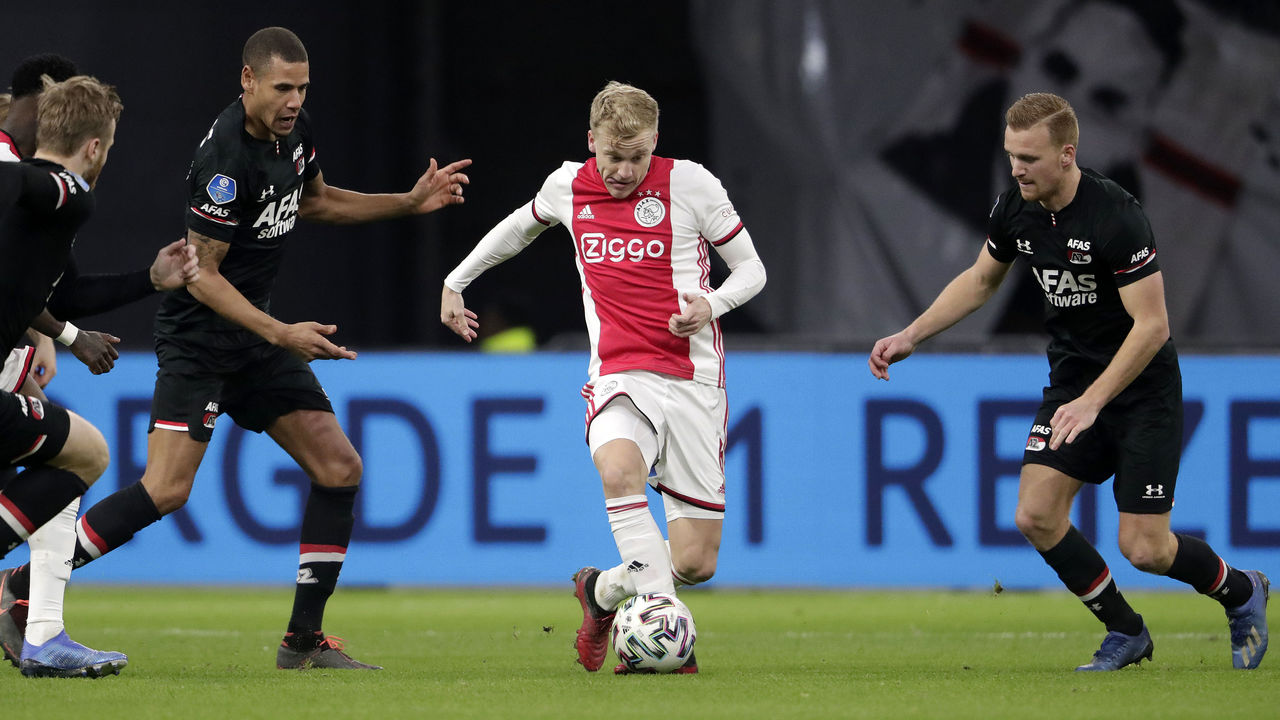
Mattijs Manders, who serves as the chief executive of the Netherlands' top tier, sent out a memo to Eredivisie clubs urging them to stop shaking hands, avoid contact with fans, and steer clear of socializing in commercial lounges on a matchday. Manders said his directions were undermined by prime minister Mark Rutte hours later on a radio show. Rutte told the country's inhabitants and players not to change their behavior because Manders was exaggerating.
Manders was fighting a losing battle. The Eredivisie and the Dutch Football Association - the KNVB - kept in close contact with the country's Ministry of Health as the cases grew in the Netherlands, and they were finally advised to suspend play on March 12. However, health experts' messages were quite different two days before that order was enacted.
"They asked us, 'Please do not cancel the competition at this stage because this will create a lot of panic in our country,'" Manders recalled. "Because if football stops everybody will think, 'Well, now it's really serious.'"
Authority figures avoiding panic rather than quickly combating a serious health risk is commonplace. "Everything we do before a pandemic will seem alarmist. Everything we do after a pandemic will seem inadequate," Michael Leavitt, who served as Administrator of the Environmental Protection Agency during George W. Bush's presidential tenure, said in 2007.
This quandary helped create a destructive stasis in Europe.
When governments' reluctance to raise the alarm is accompanied by a blinkered desire to make money through sports, an incendiary cocktail is concocted. The Belarusian Premier League completed the third round of matches in its 2020 season on Sunday, and in recent weeks has attracted gambling and commercial interest as the only active professional soccer division under UEFA's jurisdiction.
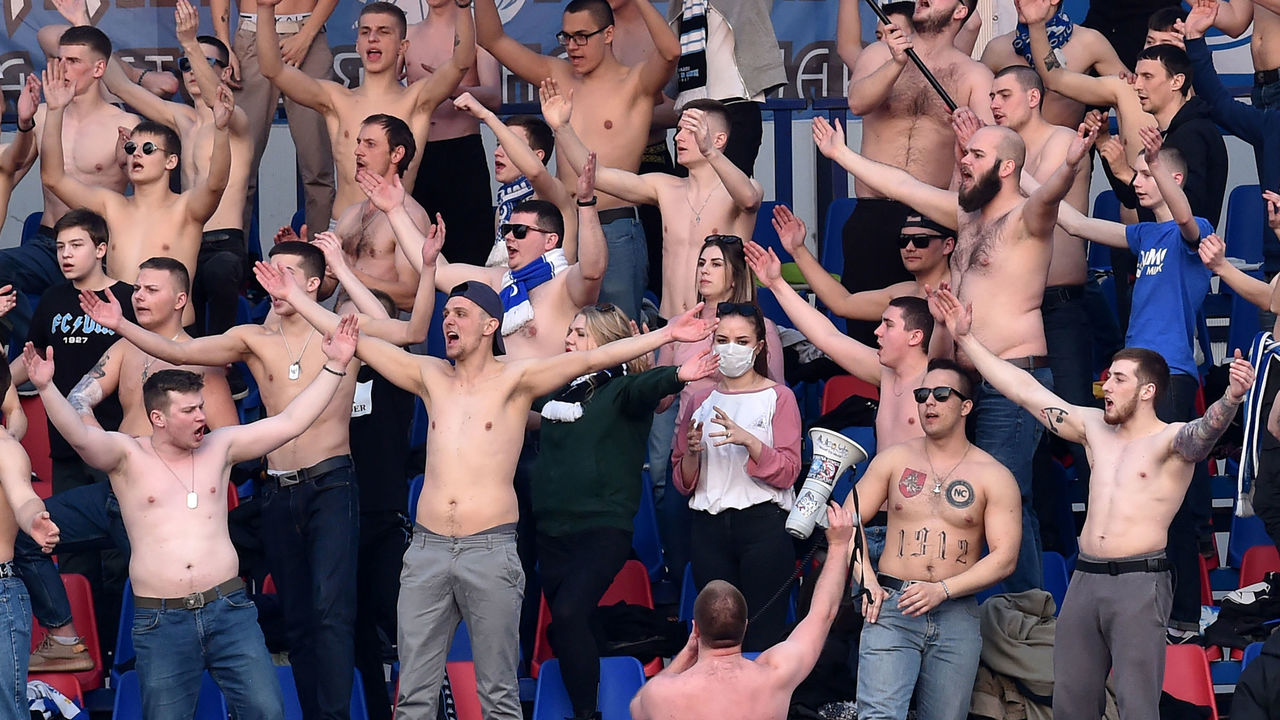
And in Belarus, a country popularly labeled as the last dictatorship in Europe, the public tends to subscribe to the mindset of the country's draconian leader, Alexander Lukashenko.
"This is a normal decision to play because now the people need positivity, need to see some games," Albanian playmaker Elis Bakaj told theScore after he represented the Belarusian champions, Dynamo Brest, in their home opener last month. "Not every time (thinking) 'coronavirus, coronavirus, coronavirus' because it is dangerous for the head, for the stress, for everything."
The financial gains from gambling, broadcasting, and sponsorship haven't climbed as steeply as Belarus' coronavirus cases. The number of infections has risen from 51 to 700 since the season began on March 19.
Belarus is an extreme example of Europe's insufficient COVID-19 response, but an overall attendance of approximately 22,051 across the first three weeks of the season is merely 5.5% of how many watched the final slate of Premier League games.
Italy's Serie A was suspended when there were 9,172 confirmed cases in the country, while the first divisions in Spain, Germany, and France were shut down when each of the nations' respective cases exceeded 3,000. The lagging response of Europe's traditional powerhouses could turn out to be more harmful than Lukashenko's flagrant disregard of the disease in Belarus.
Shake the disease
Italy was the epicenter of Europe's crisis, and it currently has more fatalities from the coronavirus than any other country. Italy's death toll is nearly five times that of China's, where COVID-19 was spawned, though the accuracy of the numbers recorded in China has been widely questioned.
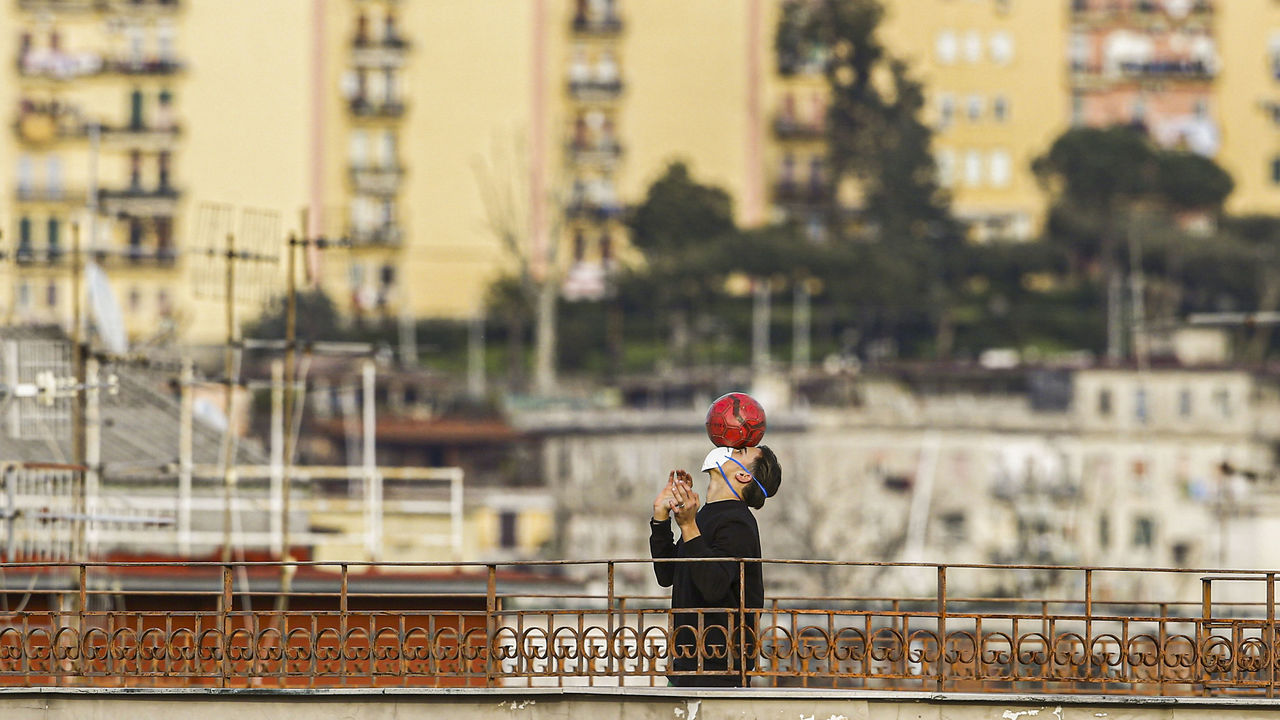
When the infection began to permeate the southern peninsula, soccer undeniably accelerated its journey.
There were only three confirmed cases in Italy when Atalanta hosted Valencia on Feb. 19. The Champions League affair was held at Milan's San Siro because UEFA ruled Atalanta's Bergamo home ineligible, so a 40-minute car journey instead became a three-hour slog as supporters traveled en masse to the biggest game in the club's history.
"I have heard a lot (of theories), I'll say mine: Feb. 19, 40,000 Bergamaschi went to San Siro for Atalanta-Valencia," Fabiano di Marco, chief pneumologist at the Pope John XXIII hospital in Bergamo, said, according to The Associated Press. "In buses, cars, trains. A biological bomb, unfortunately."
The Bergamaschi who didn't have tickets for the match gathered in bars and at homes to celebrate a landmark 4-1 win, unaware of how their behavior would eventually affect the nation. The clash has since been dubbed "Game Zero" by the local media due to its role in hastening the virus' spread in northern Italy.
Despite the tragedies in Italy and the rest of Europe, the soccer conversation constantly centers on when the sport can be restarted. UEFA president Aleksander Ceferin has warned that the season could be "lost" if play doesn't resume by late June, and Dr. Sly believes that target date is "far too soon to see this thing pass." Europe - and, indeed, the rest of the world - is likely to still be in some form of pandemic response near the end of 2020.
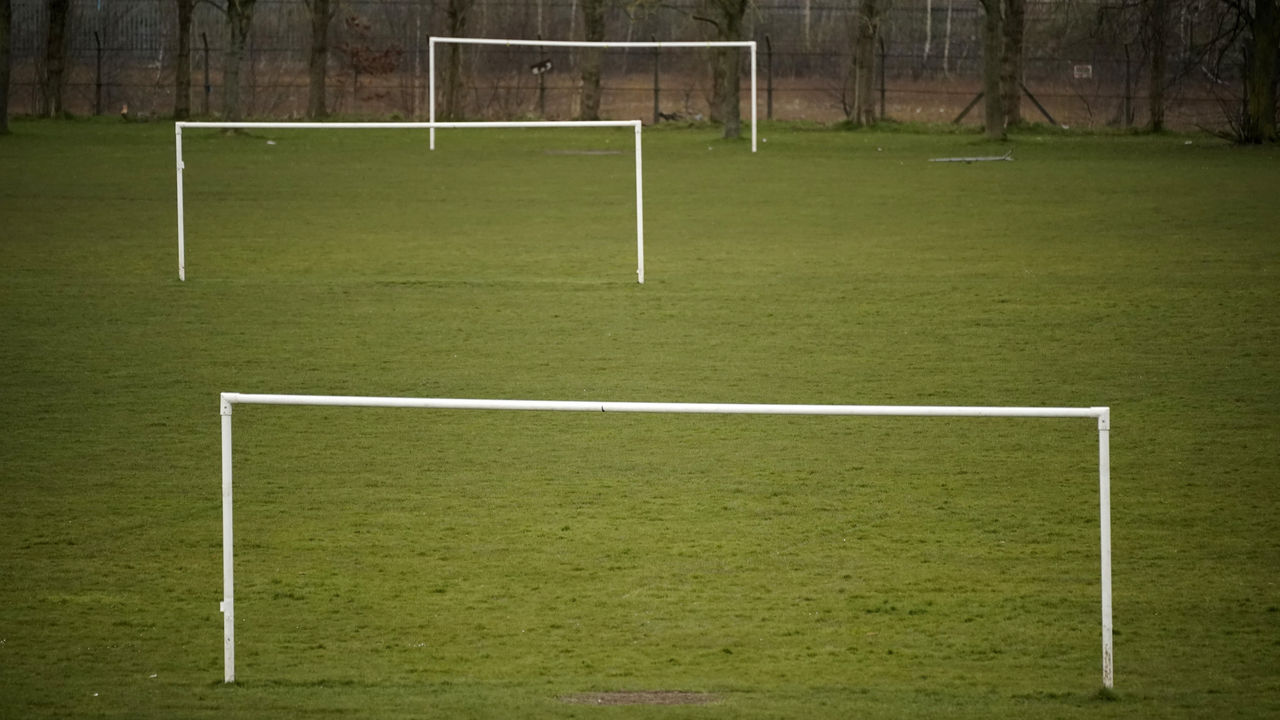
Rushing sports back would likely spark an upsurge in coronavirus cases. Instances of the 1918 Spanish flu appeared in two-and-a-half waves until the beginning of 1920. COVID-19 isn't an influenza but it's spread bears many similarities to the 1918 flu, so a new rise in cases could occur when people emerge from their homes.
The transition into normal life must be gradual. Europe needs to make amends for its ruinous reaction to the coronavirus pandemic so, for the next few months at least, soccer needs to stay in the background.
"It can be done. So if you force people to go home, stay home, and don't poke your nose out of the door, then the virus has got nowhere to go. It's simple. It can't live on park benches for more than a day or two at the most. Nobody carries it permanently for weeks on end. It'll disappear," Dr. Sly explained of the measures needed to shake the disease.
"So bringing people together in a sports stadium is absolute lunacy."
HEADLINES
- The Best FIFA Awards: Dembele, Bonmati collect top prizes
- Crystal Palace brush aside Shelbourne to boost Conference League bid
- Europa League roundup: Villa and Forest win, Celtic and Rangers lose again
- 3 hospitalized in attack before Rayo Vallecano's match in Poland
- New Celtic boss Nancy 'won't waste time' on criticism after debut defeat